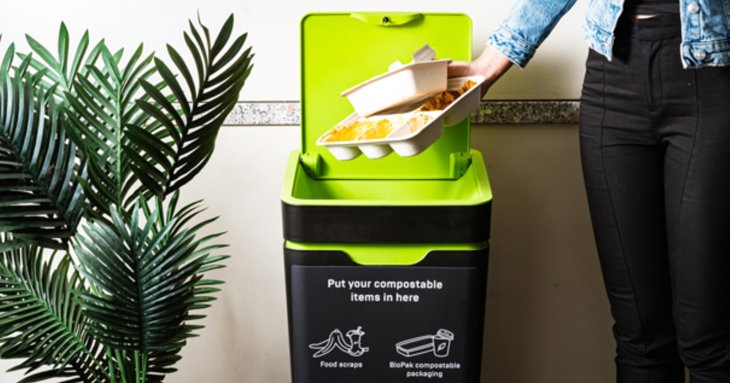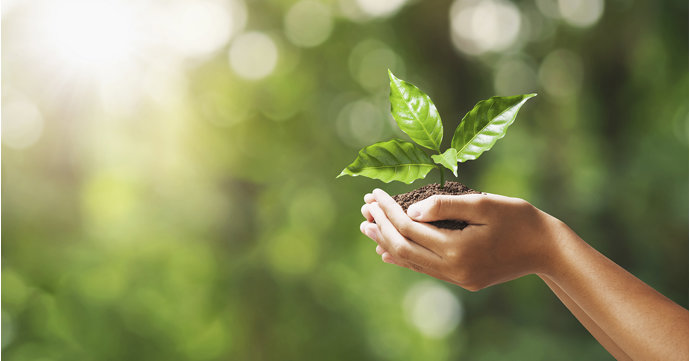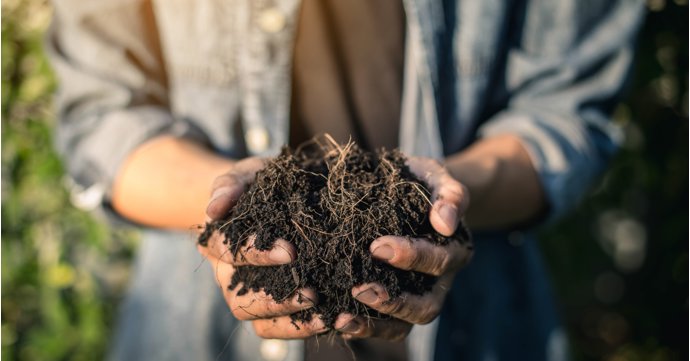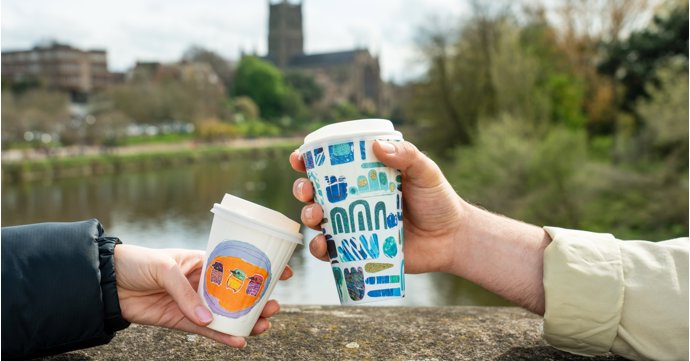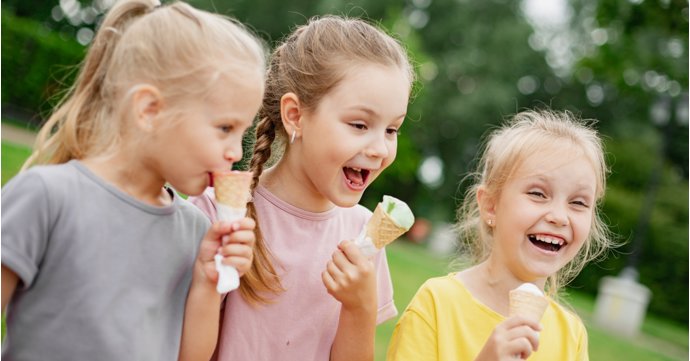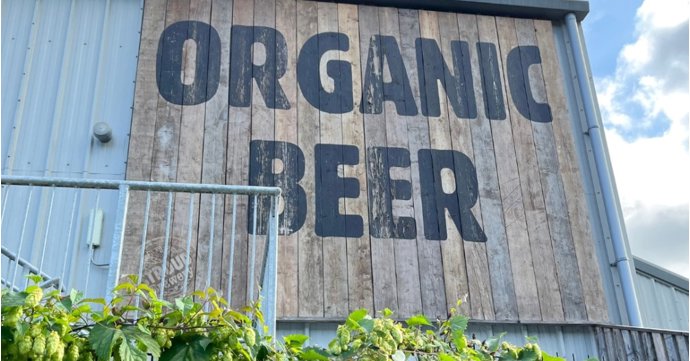We are more powerful than we realise when it comes to making a difference to the environment - with BioPak, based just over the Gloucestershire border in Worcester, going from strength-to-strength, thanks to consumers making more ethical decisions.
SoGlos talked with its technical director, Sam Walker, to learn about how important making considered choices is and what kind of difference they can make.
How does compostable packing help the planet?
Compostable packaging’s primary role is as a conduit to capture food waste that would otherwise be lost. It is also made from rapidly renewable plant-based materials rather than fossil fuel based products.
Why is compostable packaging so important?
If food waste was a country, it would be the third biggest emitter of carbon dioxide in the world. Improving the collection of food waste and scraps is crucial in reducing our impact. Compostable packaging is designed to be collected with food waste, there is no separation or cleaning required and they do not contaminate each other (unlike plastic packaging) so allow for more food waste to be collected.
Conventional recycling is about collecting the packaging item for processing and treats the food as a contaminant rather than a resource. Compostables are about collecting the food waste for composting/recycling, which has a far great impact on our carbon footprint than just recycling the packaging container.
Why is compostable better than reusable?
This depends on the situation. A staff canteen where everyone sits down and eats in the same place should only ever use reusables.
Where food is being taken off site, or delivered, the environmental and economic costs of collecting and washing these products from hundreds of different places can often outweigh the costs of using compostable packaging.
What are some of the best ways consumers can help the environment? And are individuals more powerful than they realise?
Eating less meat is the obvious one, diets based around pulses and grains will massively reduce your personal impact. This also feeds higher up the chain and can create real change on a larger scale.
Businesses ultimately respond to consumers needs, if they no longer want meat or other high impact products, businesses will need to adapt or fail. Consumers making more informed choices has been the backbone of our business’ rapid growth.
What attracted you to want to work in this sector?
I’ve always been involved in nature and conservation (I have a masters in conservation biology), working at BioPak gave me the opportunity to make a difference.
What’s your prediction for the future on compostables?
They will become the norm in food service use globally. We know we have to reduce our need on fossil fuels and plastics. Compostables are the only solution to plastic packaging in food service and are already widely produced and used.
What are your hopes and fears for the planet?
I hope that humankind’s ability to innovate will find a solution to the climate emergency but I fear that it will take a massive disaster to mobilise the effort to where it needs to be. There is still a worrying lack of urgency amongst politicians and some businesses.


